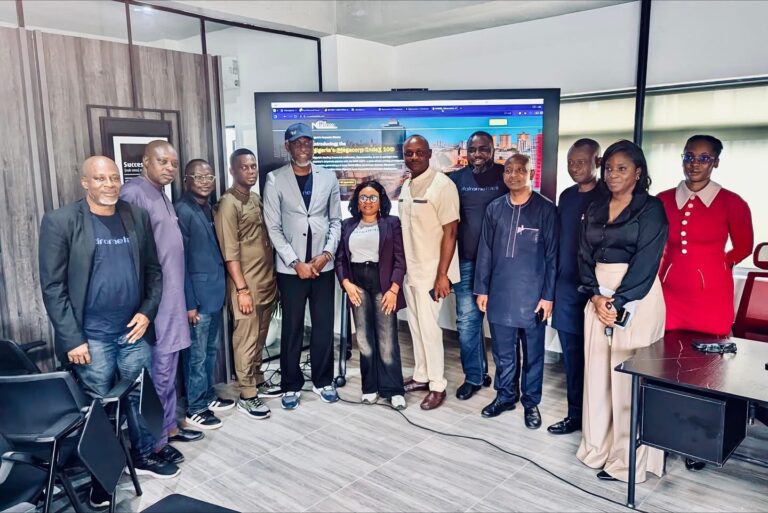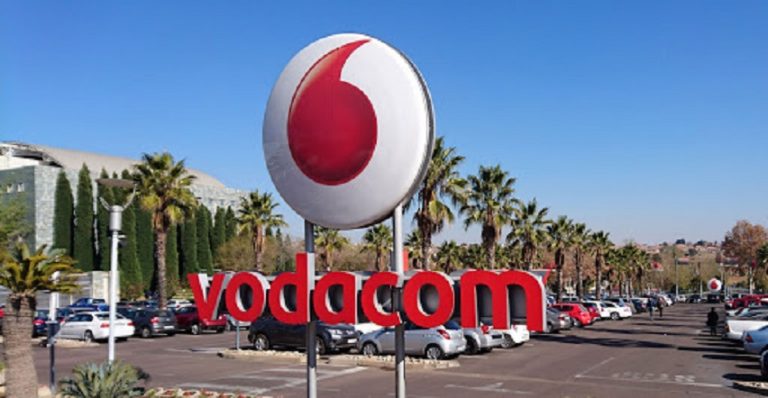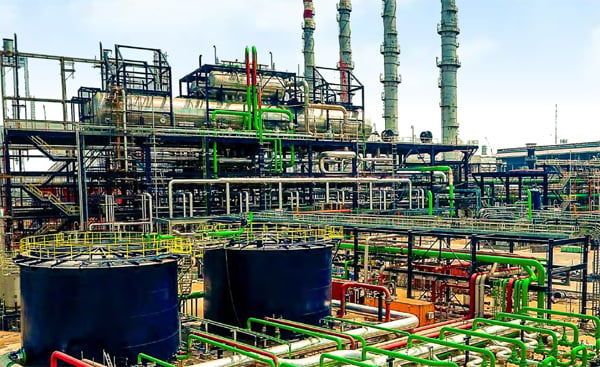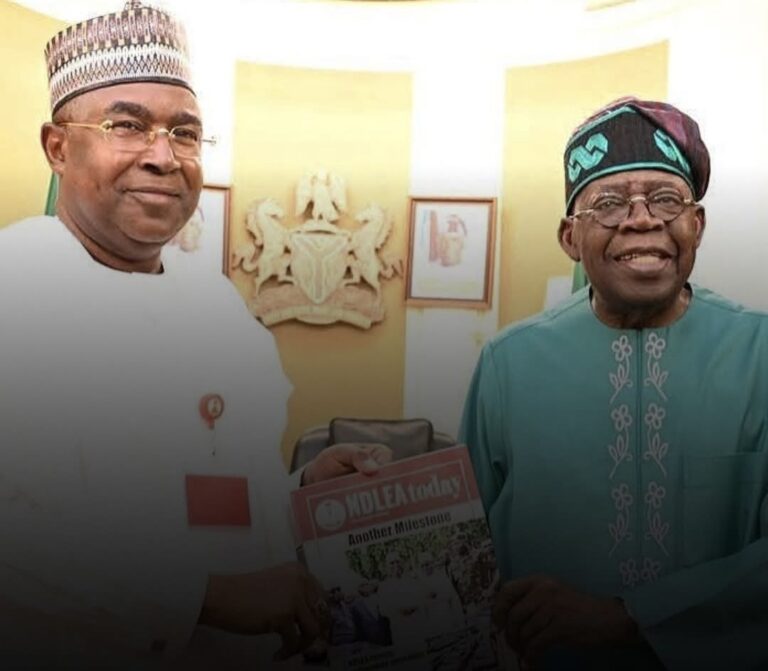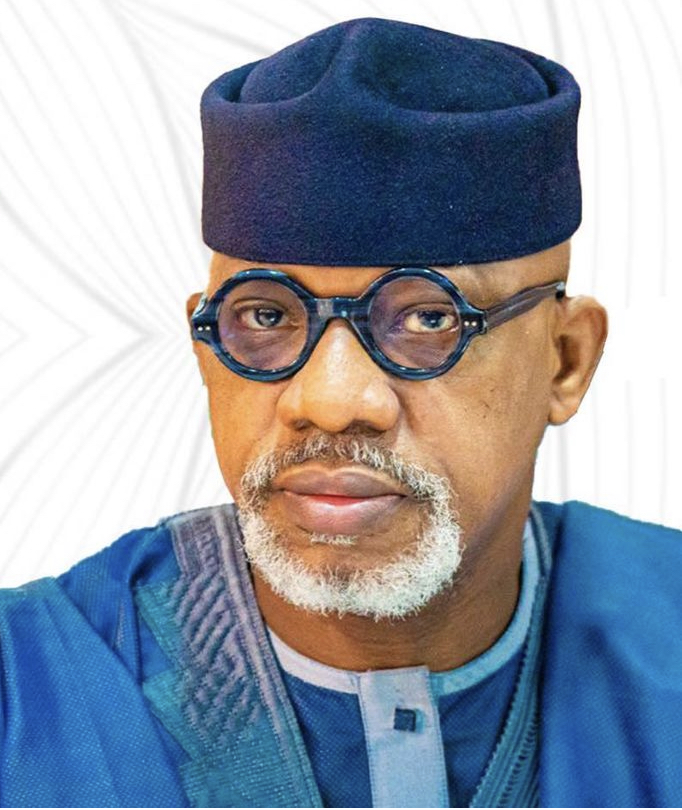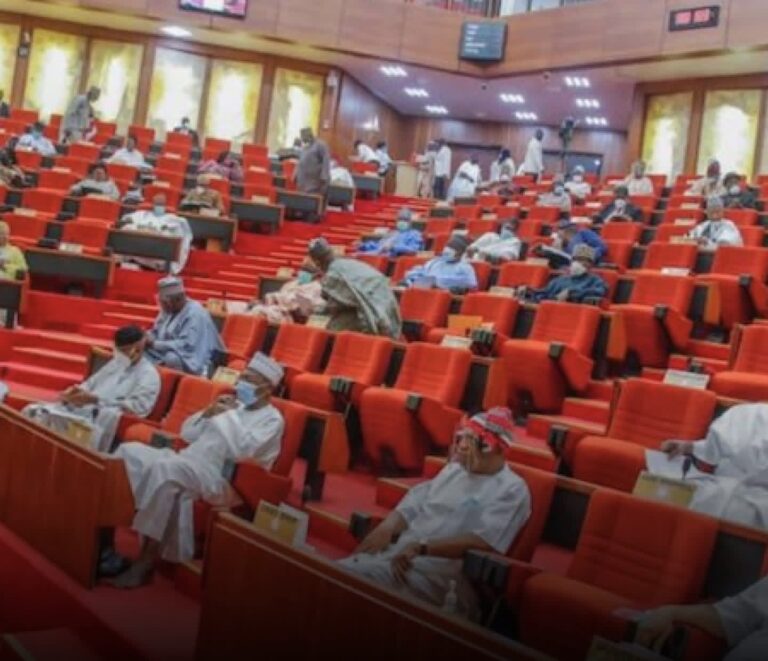
For two decades, Lanre Da Silva Ajayi has remained a trailblazer in African fashion, celebrated for her timeless elegance and unique ability to blend vintage glamour with bold African identity. Her journey, from her 2005 debut to international features, has been a masterclass in consistency and reinvention.
The high-profile anniversary event will feature celebrities and models gracing the runway, alongside live performances by two surprise musical acts, creating an unforgettable blend of fashion and art. The production will be led by Elizabeth Elohor, Founder of Beth Model Management, whose creative direction ensures a world-class experience.
Dr
In line with her passion for mentorship, LDA will also relaunch the Runway Renaissance, supporting three emerging designers who are redefining sustainability and craftsmanship in Africa.
Reflecting on her journey, Lanre Da Silva Ajayi shared: “Fashion has never been just fabric and thread for me. Clothes hold memories, the scent of celebrations, and the pulse of our ambitions. They are silent witnesses to who we are and who we’re becoming.”

The collection features LDA’s signature grandeur, sculptural sleeves, flowing silhouettes, and meticulous detailing. Traditional adire fabrics meet modern textures like Chantilly lace, brought to life in a rich color story: emerald green for growth, gold for triumph, and sunlit yellow for joy.
This milestone celebration is proudly supported by the Lagos State Ministry of Tourism, Arts and Culture, Johnnie Walker Blue Label, Bank of Industry, Standard Chartered Bank, Heineken, and Privé Events; brands that share in LDA’s vision of creativity, craftsmanship, and cultural excellence.
Speaking on the brand’s partnership with LDA, Joan Odafe-Ejumedia, Marketing Manager, Reserve Scotch (Diageo South, West & Central Africa), shared:
“”Johnnie Walker Blue Label is a blend of rare craft and mastery, an enduring pursuit of excellence. This 20th Anniversary celebration is the perfect convergence of two master artisans. We are profoundly honored to partner with Lanre Da Silva Ajayi – a true visionary whose two decades of defining African couture mirror our own commitment to rarity, precision, and the creation of timeless legacies.”
Two decades later, Lanre Da Silva Ajayi remains not just a designer, but a storyteller shaping how Africa expresses beauty, confidence, and culture through fashion.
ABOUT LDA
Lanre Da Silva Ajayi (LDA) is one of Africa’s foremost luxury couturiers and a true pioneer whose work defines modern Nigerian fashion. Her eponymous label, launched in 2005, specialises in couture women’s wear, ready-to-wear collections, jewelry, and hairpieces. LDA is internationally recognised for her signature blend of 1940s vintage glamour with bold African identity, earning her features in prestigious publications like Vogue and retail placement in stores such as Dolce & Gabbana’s Spiga 2 Concept Store in Milan.
Find LDA
Website – https://lanredasilvaajayi.com.ng/
Instagram –@lanredasilvaajayi
Email – lanredasilva7@gmail.com
Press Inquiries:
- We are open to interviews and coverage requests- this can be emailed to the PR team who will make sure the appropriate persons receive: Elizabeth Osho hello@somesolutions.online




